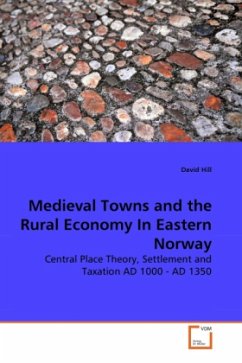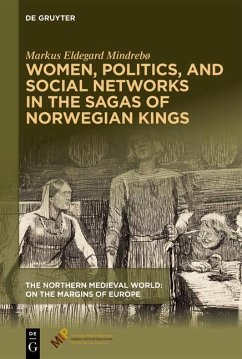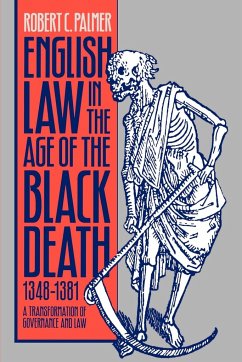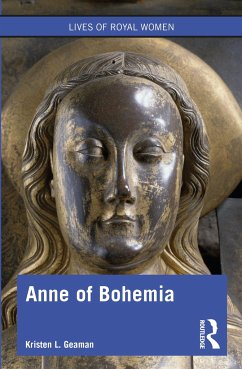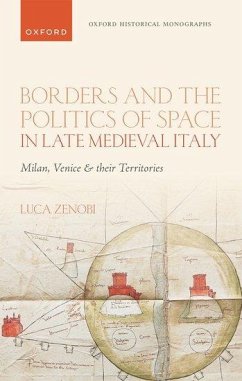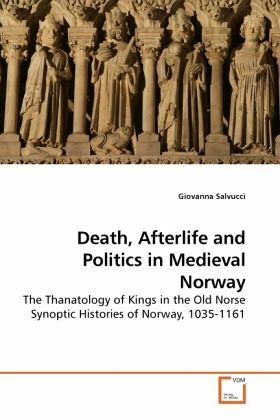
Death, Afterlife and Politics in Medieval Norway
The Thanatology of Kings in the Old Norse Synoptic Histories of Norway, 1035-1161
Versandkostenfrei!
Versandfertig in 6-10 Tagen
45,99 €
inkl. MwSt.

PAYBACK Punkte
23 °P sammeln!
The Old Norse sagas that deal with the stories of medieval Norwegian royalty can make a valuable contribution to thanatology, i.e. the study of attitudes towards death, and to the history of medieval thought. The authors of the so-called Synoptic Histories of Norway seem actually to agree about the importance attached to the moment of death in arriving at a final estimate of their characters. They also show that ideas about the final destiny of particular kings in the afterlife could be made political use of after their deaths. The king's death seems to be considered a very delicate moment not...
The Old Norse sagas that deal with the stories of medieval Norwegian royalty can make a valuable contribution to thanatology, i.e. the study of attitudes towards death, and to the history of medieval thought. The authors of the so-called Synoptic Histories of Norway seem actually to agree about the importance attached to the moment of death in arriving at a final estimate of their characters. They also show that ideas about the final destiny of particular kings in the afterlife could be made political use of after their deaths. The king's death seems to be considered a very delicate moment not only with respect to questions related to the succession and continuity of government. It might also influence the legitimacy of his successors, the dignity of his dynasty, and following events. The synoptic historians were clearly aware of contemporary discussion about the afterlife, and they were involved in the cultural and religious environment of medieval Europe in which the discussionabout Purgatory was being developed and changes in burial customs were taking place.



